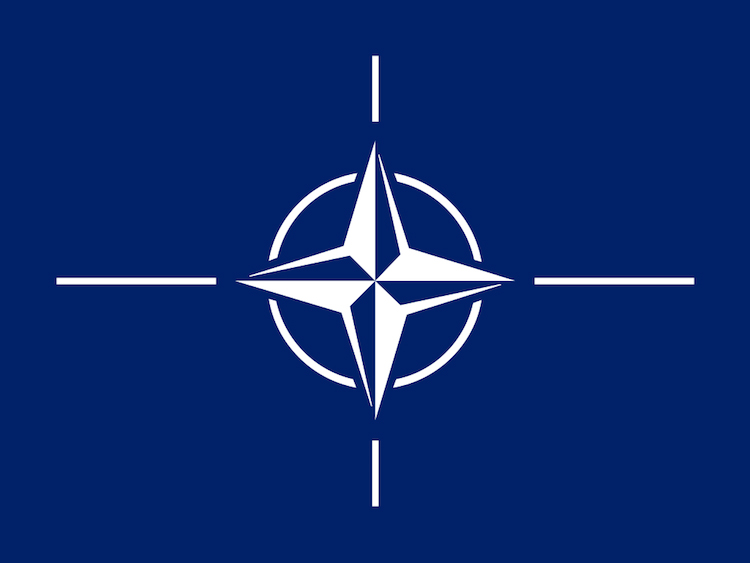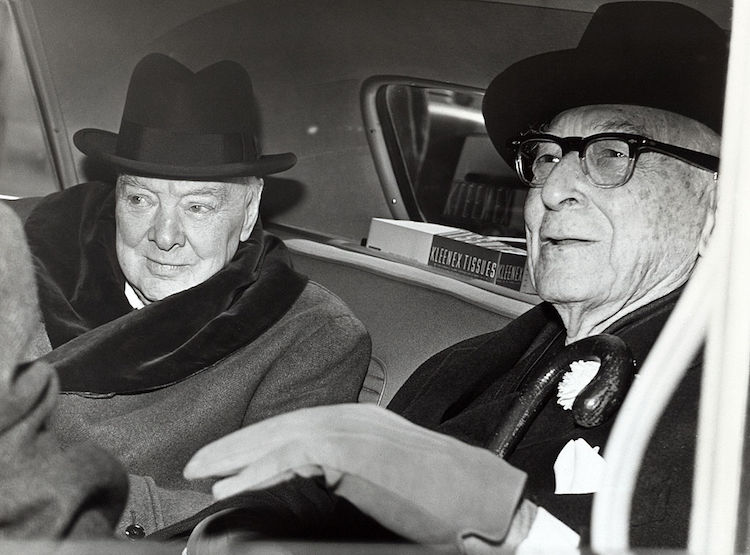Interview by Ramesh Jaura with CTBTO Chief Dr Lassina Zerbo
BERLIN | VIENNA (IDN | INPS) – If it were for Dr. Lassina Zerbo, Executive Secretary of the Comprehensive Nuclear-Test-Ban Treaty Organization (CTBTO), the treaty banning all nuclear tests would have entered into force “yesterday”.
This view not only reflects what he terms in a lighter vein his “notoriously optimistic” perspective. It is also grounded in a series of signals underlining that “the discussion about ratification has moved to a new level” so that the Comprehensive Nuclear-Test-Ban Treaty, better known by its acronym CTBT, should not remain an “unfinished business”.
In an exclusive email interview with IDN-InDepthNews, flagship of the International Press Syndicate (INPS), he spells out the reasons for his ‘optimism’, adding: A UN Security Council resolution banning nuclear tests, as President Obama is reported to be contemplating, might be a good thing. “But what really counts is the ratification of the remaining eight countries.” These are China, DPRK (North Korea), Egypt, India, Iran, Israel, Pakistan, and the United States.










